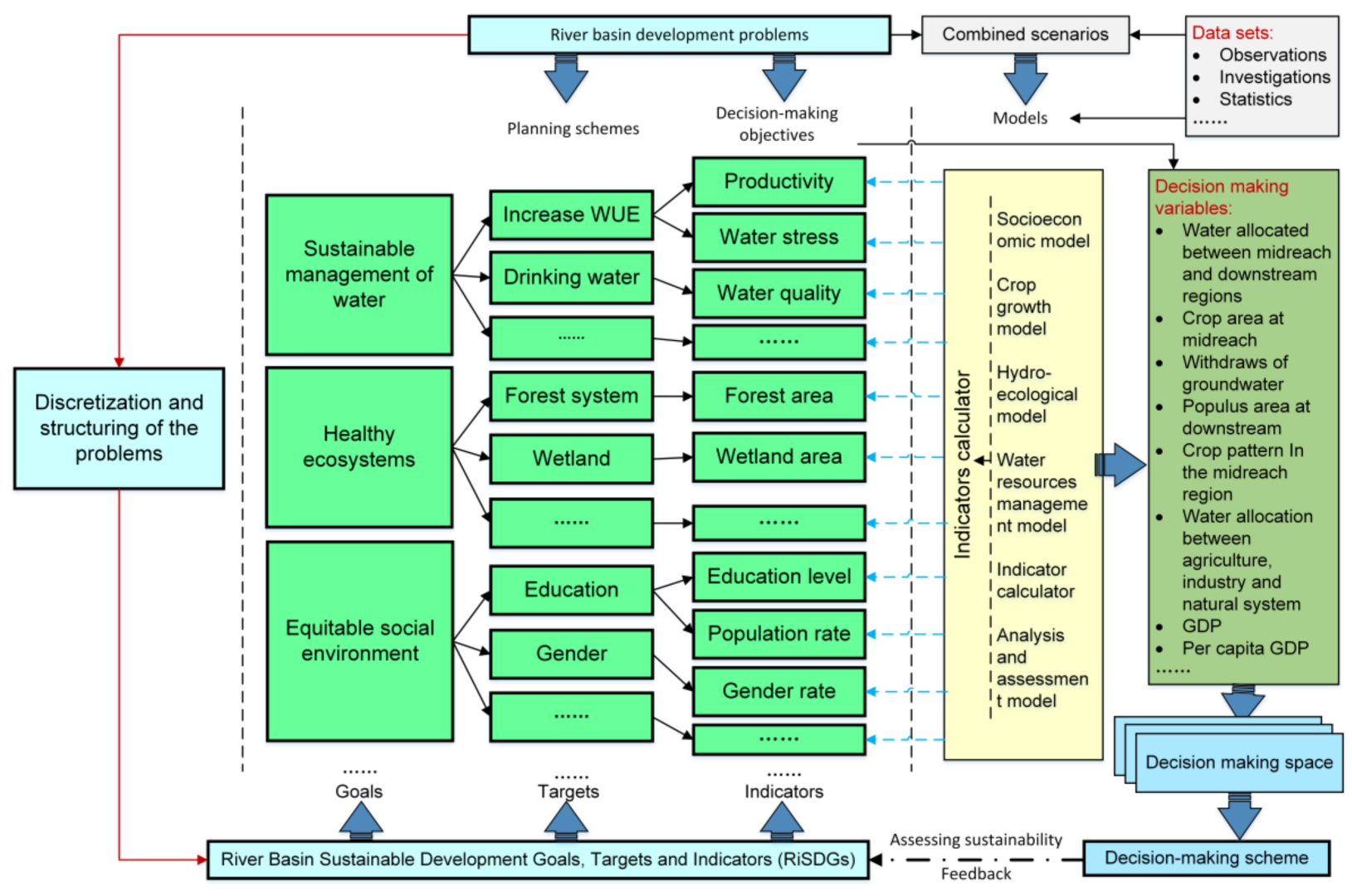Prioritizing sustainable data management practices enables organizations to grow efficiently while improving their environmental performance.
The digital revolution has resulted in an increase in data generation, with 463 exabytes of data expected to be produced daily by 2025.
As businesses increasingly rely on data centers to process this information, it has become clear that this technology comes at a cost to the environment. Data centers consume significant amounts of energy, generate heat, and require cooling, leading to high carbon emissions and other environmental impacts. Furthermore, the extraction of raw materials used to produce data storage devices can negatively impact the environment.

Source: MDPI
In response, many organizations have decided to go green and this has given rise to green data centers, which use energy-efficient technology and practices to minimize energy consumption and carbon footprint while relying on renewable energy sources. Sustainable data management refers to the procedures and methods used to gather, store, and process data to minimize adverse environmental effects. Together, green data centers and sustainable content and data management can help to minimize the environmental impact of data storage and processing.
Promoting Green Business Through Sustainable Data Management
Companies should explore how sustainable content and data management practices can help develop green businesses by empowering organizations to make more informed decisions, increase operational effectiveness, and reduce their environmental impact in the following ways:
Understanding Unstructured Data The first step in managing data footprint is to gain a comprehensive perspective of all company's unstructured data—on-premises, at the edge, and in the cloud. This will give insight into how much cold data (data that is not accessed in months or years) is stored in expensive high-power storage. By correctly identifying and managing cold data, businesses can reduce their data storage costs, reduce energy consumption, and ensure that data is appropriately managed and disposed of when no longer needed.
Automating Data Actions using Policies Automating data actions by policy refers to using software or other tools to automatically perform specific actions on data based on predefined policies or rules. This includes activities such as data archiving, deleting, monitoring, and more. A fundamental principle of modern data management is automated policies that control data mobility throughout the data lifecycle. By automating the data actions, businesses can save hundreds of thousands of dollars a year on data storage and backup expenses, as well as save energy and money on electricity bills.
Implementing sustainable content and data management practices is critical in reducing the adverse effects of data storage and processing on the environment. It also contributes to cost savings, higher productivity, and better decision-making, all of which can result in a more sustainable and green business.
Driving Sustainable Growth with Data Management Effective
Data management practices not only benefit the environment but also have significant economic benefits. Organizations can use data analytics to identify areas of inefficiency and optimize their operations, leading to increased productivity and revenue. Additionally, by identifying opportunities for energy savings and reducing costs associated with data storage and processing, companies can allocate more resources to research and development, innovation, and growth initiatives.
Data management also plays a crucial role in risk management, compliance, and regulatory reporting. Sustainable data management practices can help organizations to identify and manage risks, ensure compliance with environmental regulations, and provide transparent reporting on their sustainability efforts.
The future of green business lies in sustainable content and data management. By implementing efficient and effective data management practices, organizations can minimize their environmental impact, reduce costs, improve productivity, and achieve their sustainability goals. As the amount of data continues to grow exponentially, it is essential to prioritize sustainable data management to ensure a more sustainable and prosperous future for all.

Leave your comments
Post comment as a guest